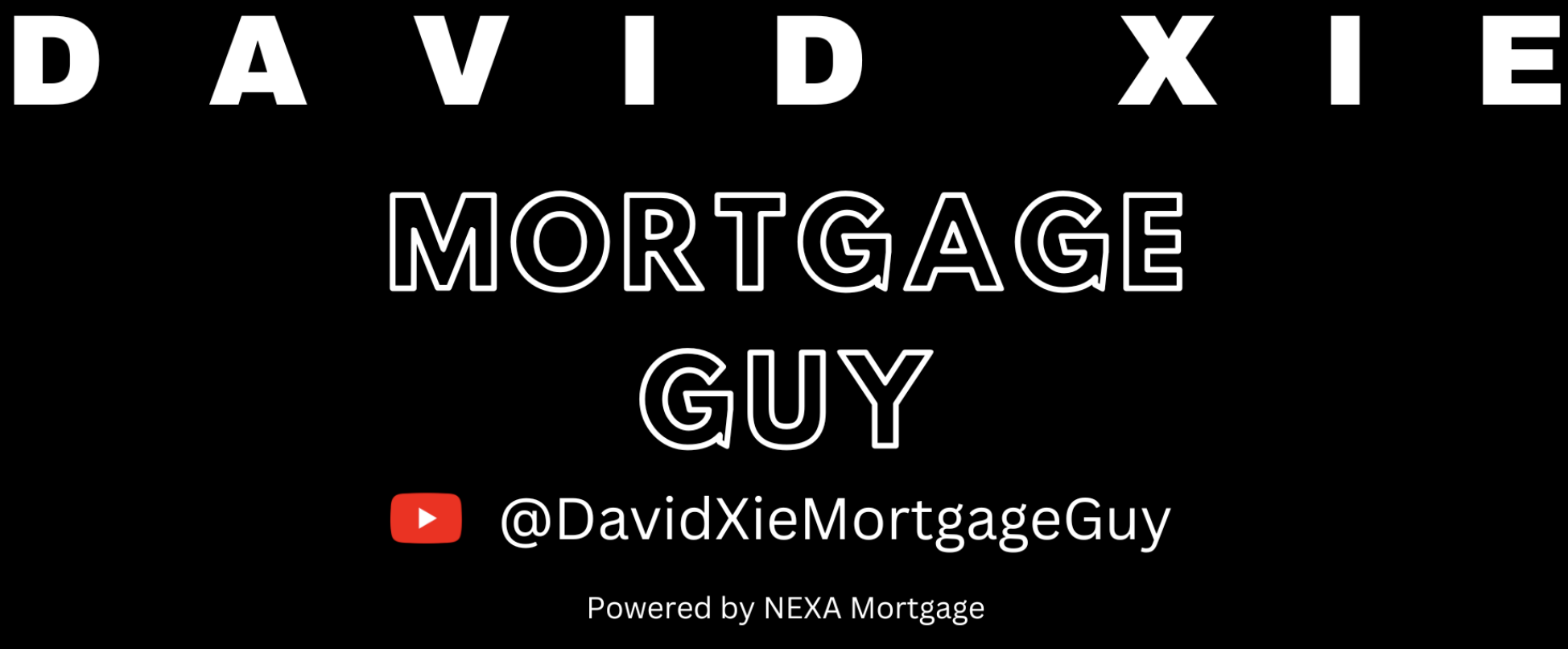Getting approved for a mortgage is an exciting step toward homeownership, but it requires careful…
What Credit Score Do I Need to Buy a Home?
Understanding Credit Score Requirements for Loan Approval
When it comes to securing a loan, there are rarely rigid credit score requirements that apply universally. Instead, the credit score you bring to the table can significantly influence the terms and conditions of your loan. Generally, a higher credit score will pave the way for more favorable loan terms. This can include benefits such as a higher loan amount, lower interest rates, and more lenient repayment conditions. Conversely, a lower credit score may lead to less favorable loan terms. This could mean needing a larger down payment or facing a higher interest rate to compensate for the increased risk to the lender.
Credit Scores and Mortgage Approvals
Mortgages adhere to similar guidelines, though there are specific mortgage programs with distinct credit score requirements or tiers. These programs are designed to accommodate individuals with lower credit scores, allowing them to still secure a mortgage. Understanding these options can be crucial for those who may not have an excellent credit history but are still looking to buy a home.
If Your Credit Score is 620 or Higher
If your credit score is 620 or above, you are in a strong position to apply for a conventional mortgage. Additionally, you can explore other mortgage programs that might suit your needs, such as the VA loan or the FHA loan. Lenders typically prefer a credit score of 620 or higher because it reflects a reliable track record of timely bill payments and financial responsibility. A good credit score in this range not only increases your chances of approval but also often results in more favorable loan terms, including lower interest rates and better repayment conditions.
If Your Credit Score is at Least 580
For those with a credit score of at least 580, there are still viable options available. You can qualify for the VA loan or the FHA loan, although you may encounter slightly higher interest rates compared to those with higher credit scores. It’s important to remember that as your credit score improves over time, you may have the opportunity to refinance your mortgage to benefit from lower interest rates. However, it’s crucial to keep in mind that interest rates are subject to market fluctuations, and future rates may not always be lower than current rates.
Steps to Take with a Lower Credit Score
If you find yourself with a lower credit score, it’s advisable to discuss your situation with your lender. They can provide insight into specific programs for which you might qualify and offer guidance on other factors that could improve your loan application. For instance, having a substantial down payment can sometimes help offset a lower credit score, making you a more attractive candidate to lenders. Despite this, lenders are still obligated to adhere to regulatory requirements and lending standards. Maintaining a good credit score is one of the most effective ways to enhance your chances of mortgage approval and secure the best possible loan terms.
Conclusion
In summary, while there may not be hard and fast credit score requirements for every type of loan, your credit score plays a significant role in determining the terms of your mortgage. A higher credit score can lead to better loan conditions, while a lower credit score might necessitate higher payments or different loan terms. Exploring various mortgage programs and discussing your options with a lender can help you navigate the loan approval process more effectively. Always aim to maintain a good credit score to improve your financial standing and access favorable loan terms.





